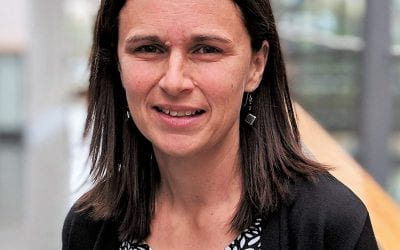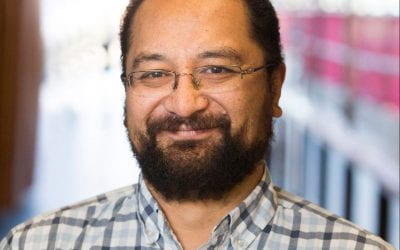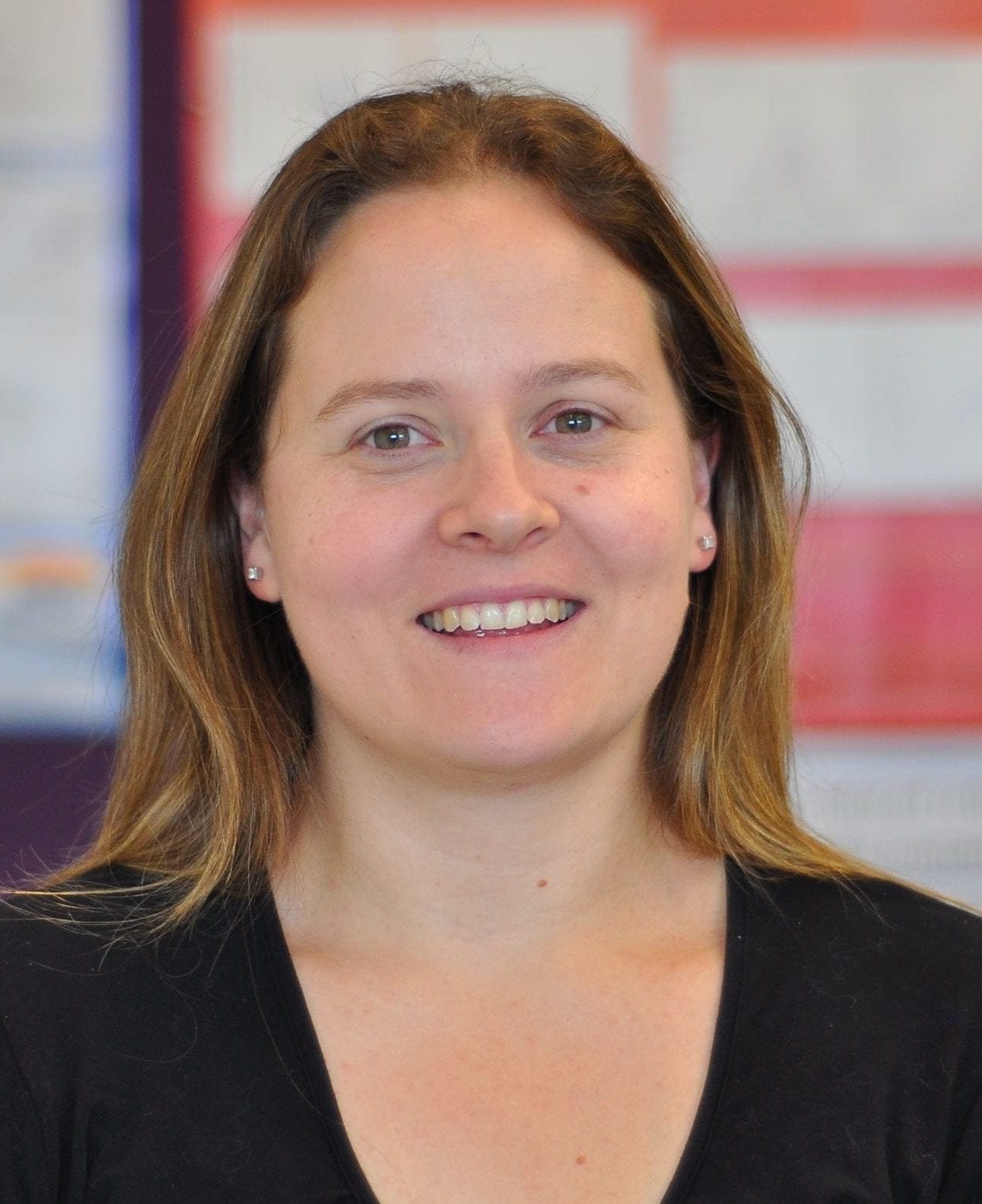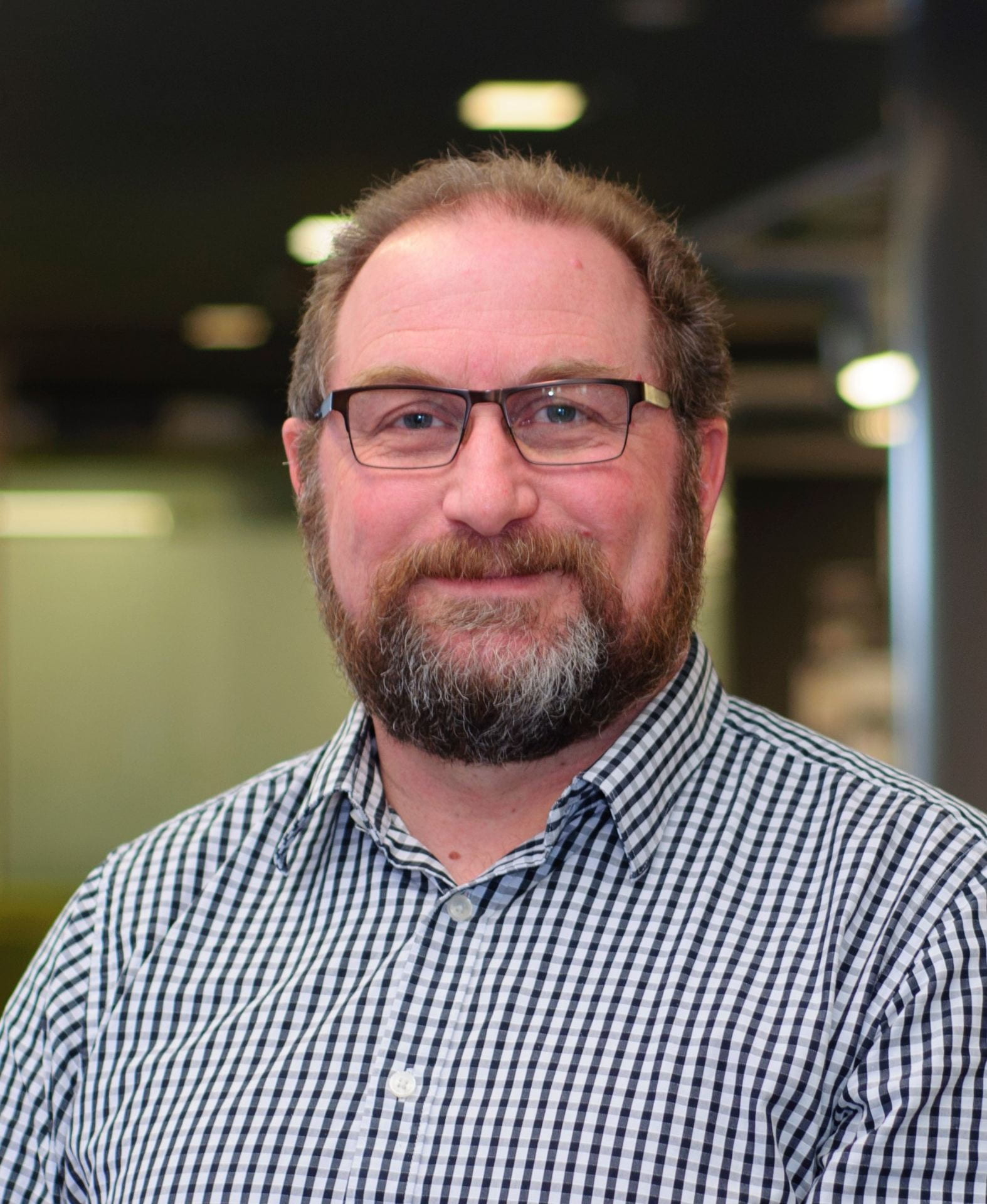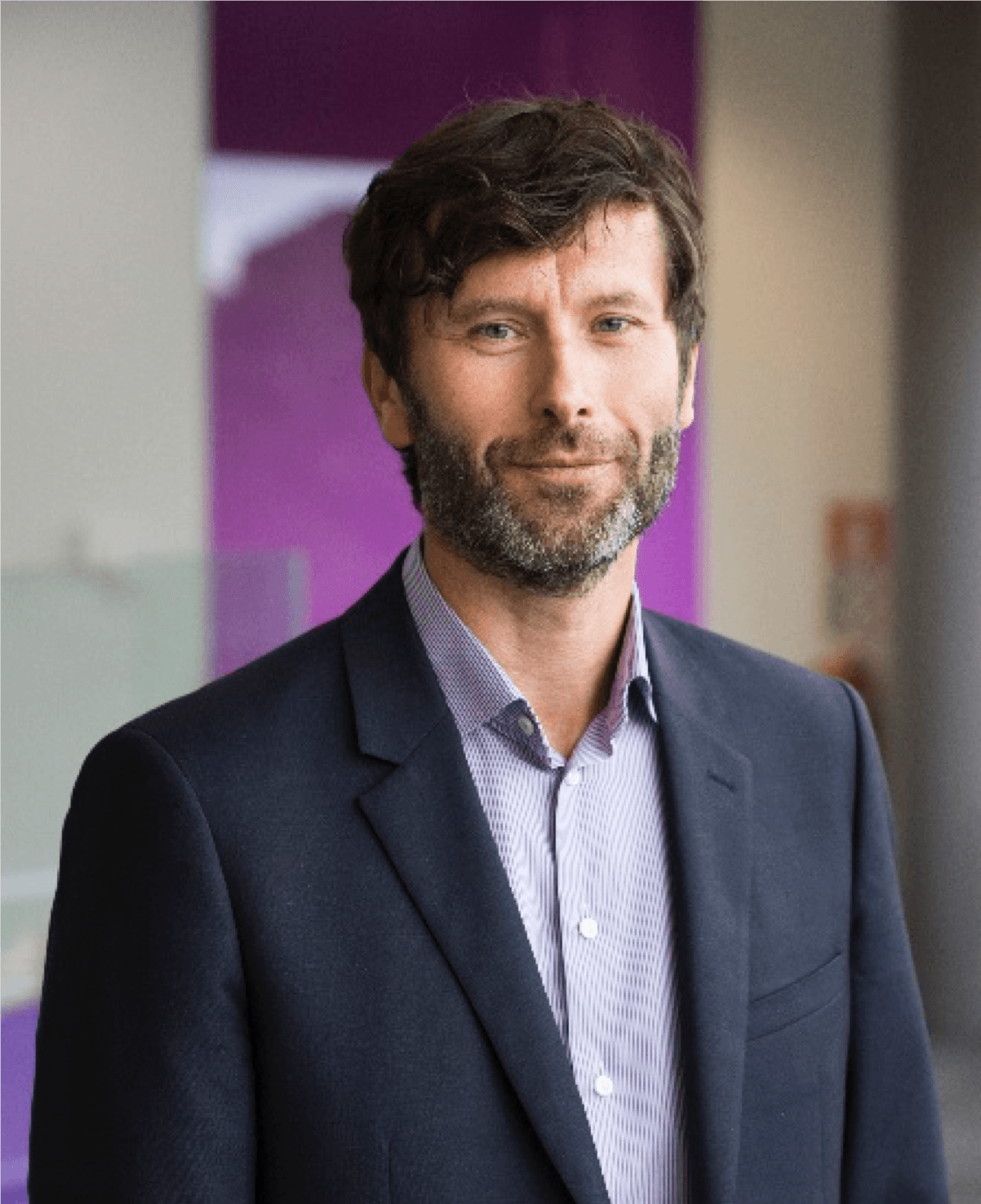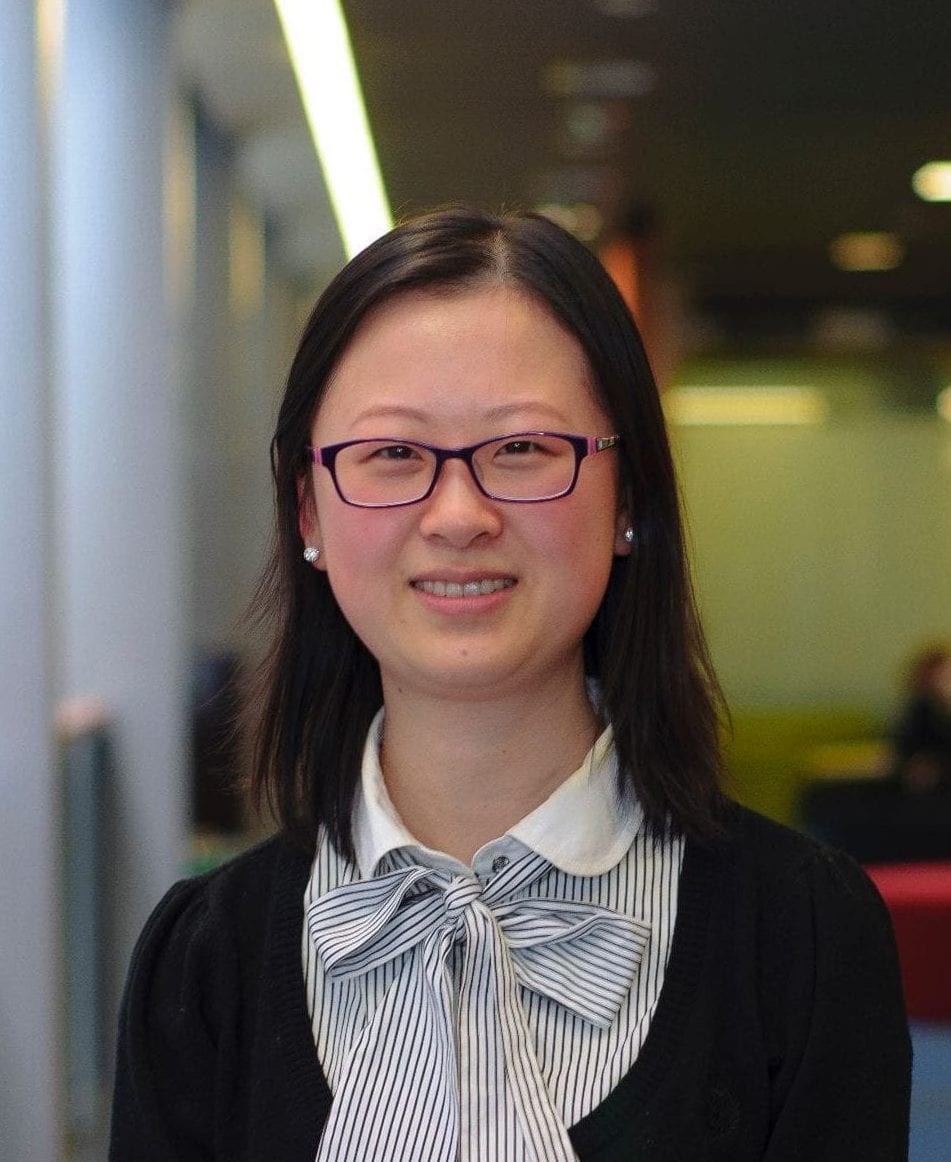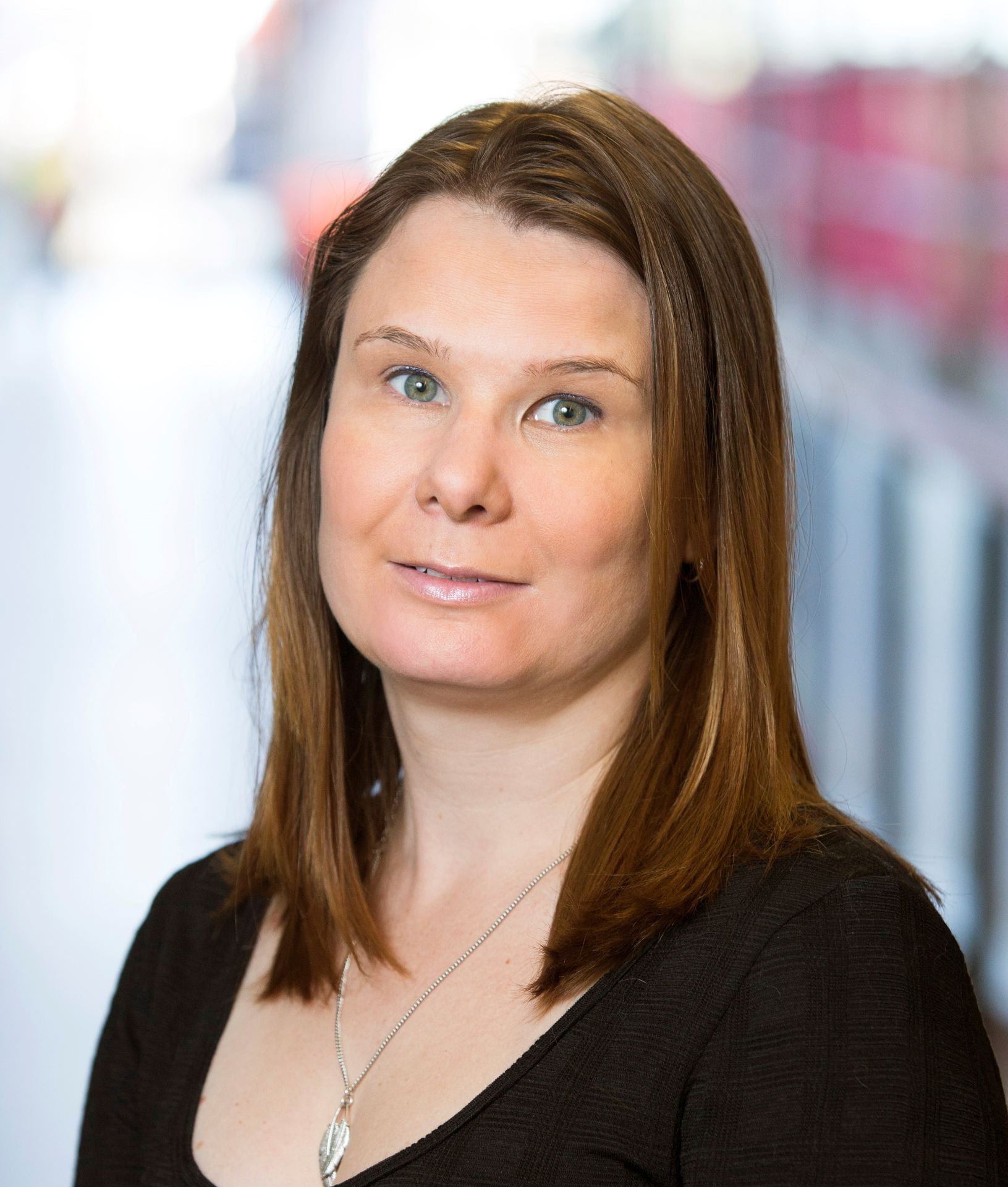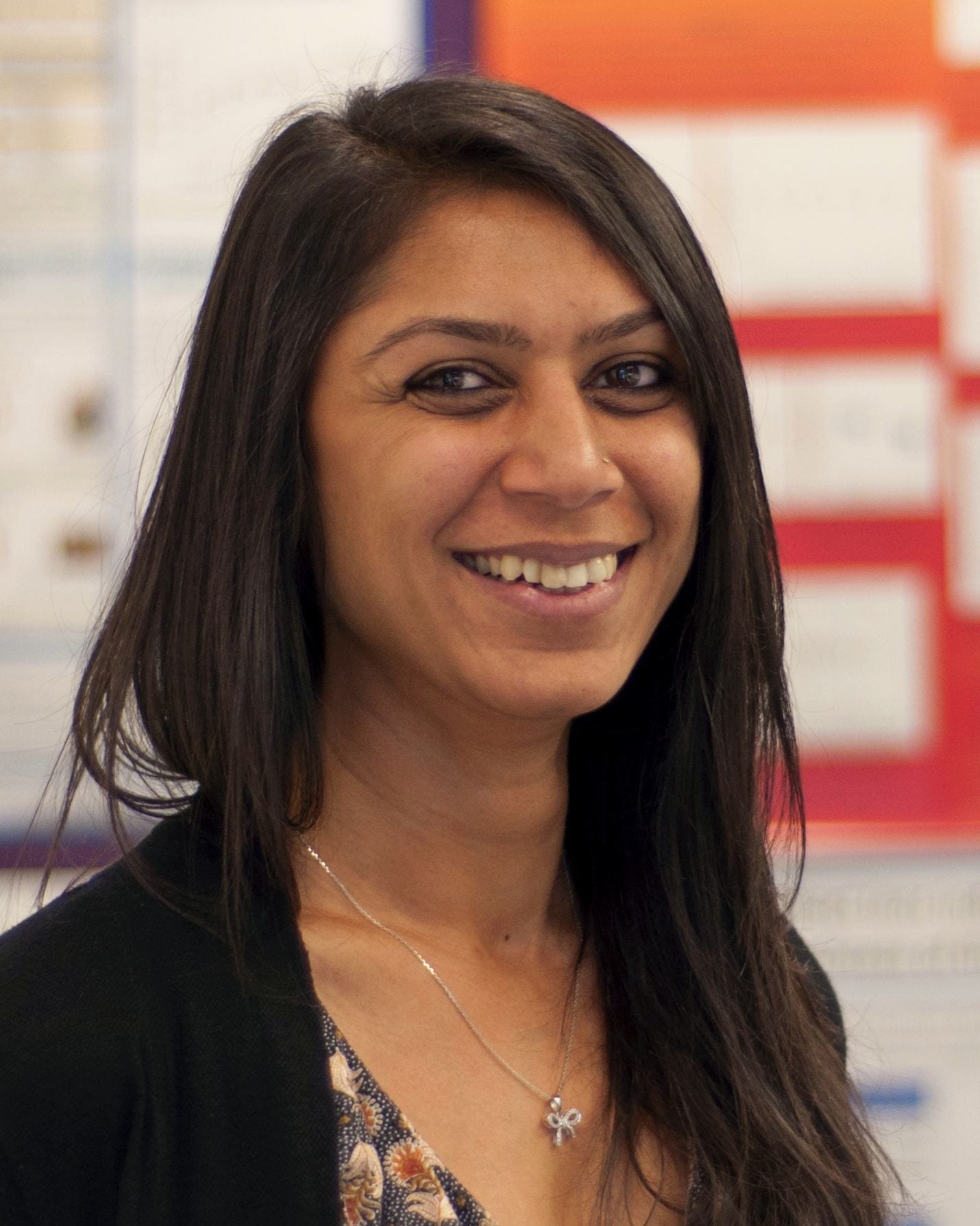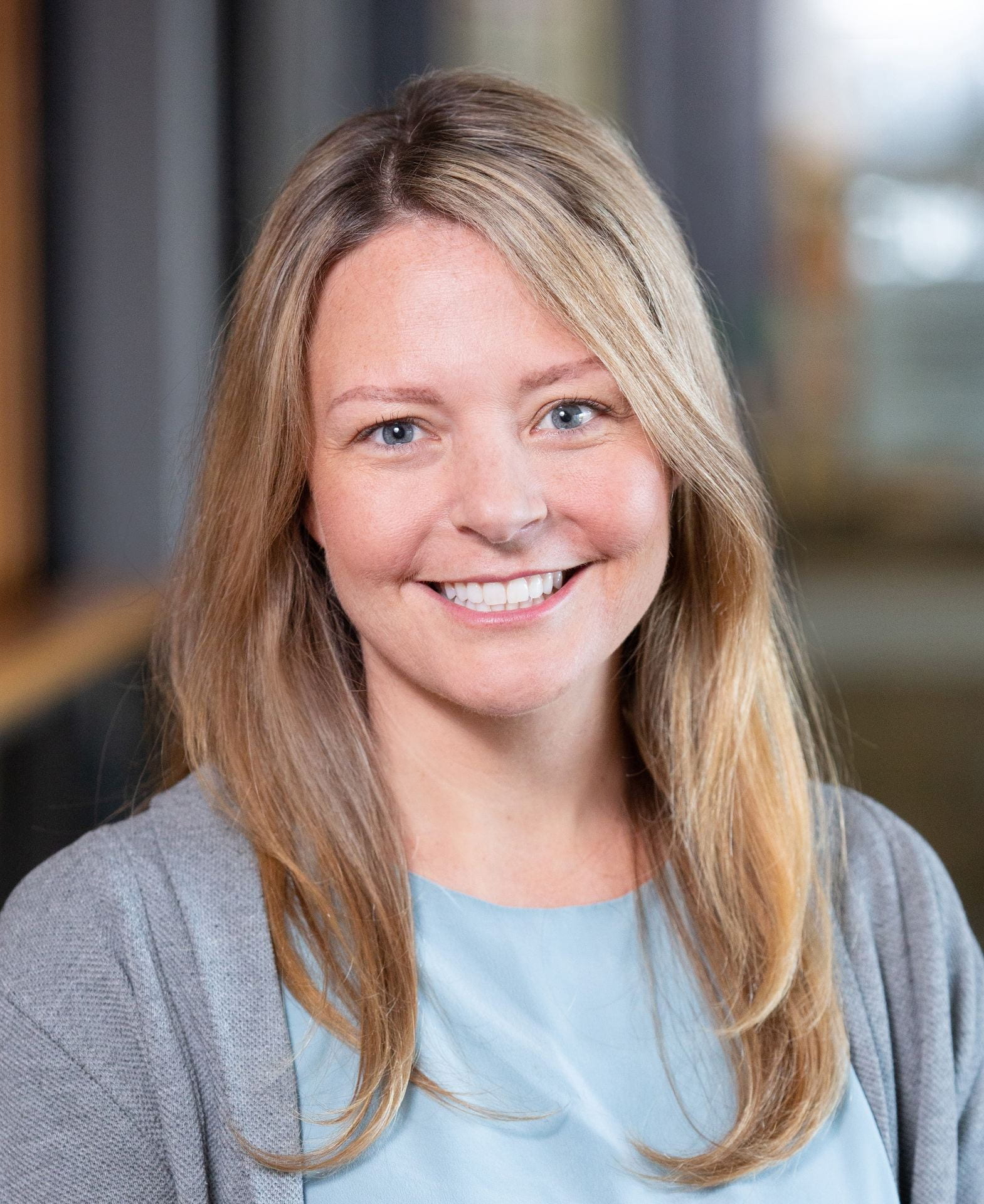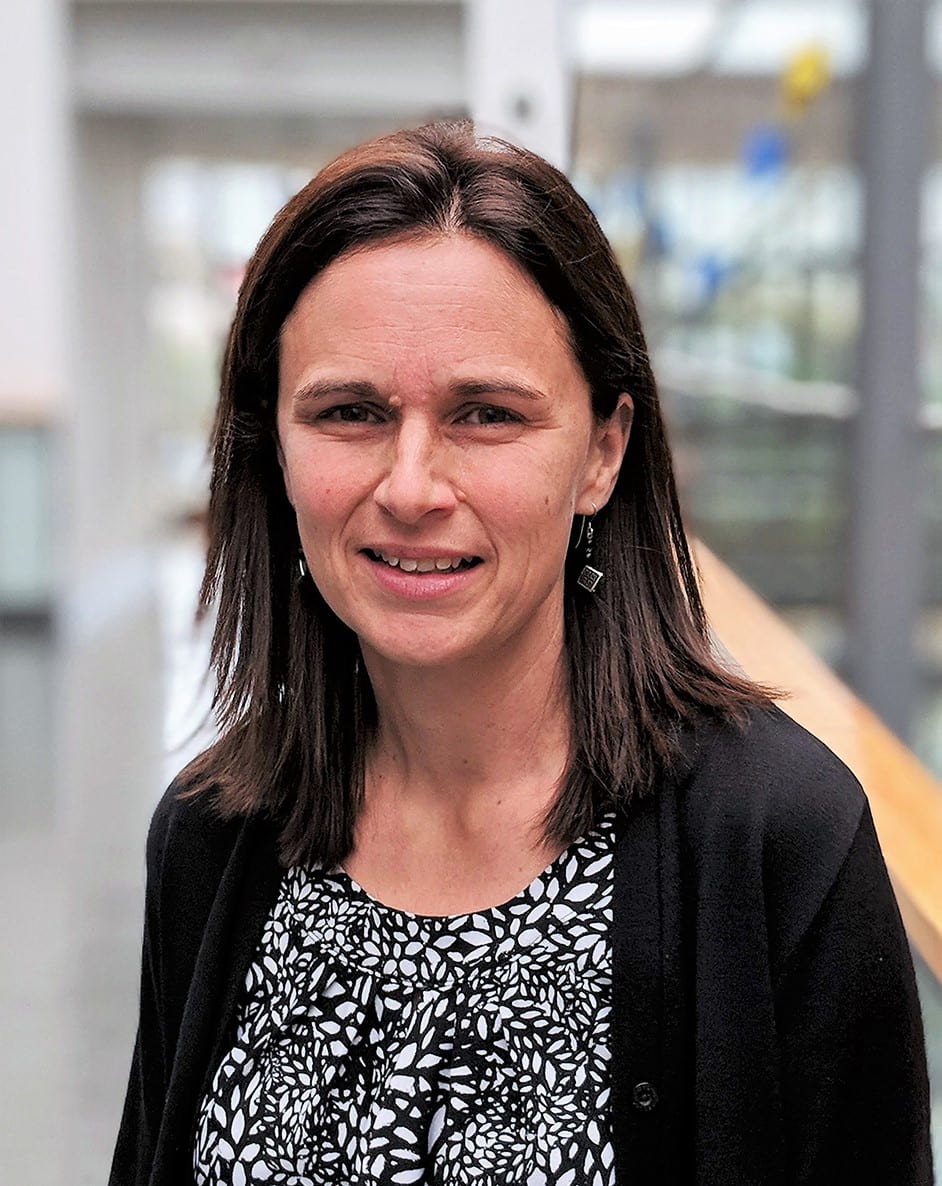Children’s Vision
Between 1 in 10 and 1 in 20 New Zealand children have some form of vision problem which, if left untreated, could affect literacy and academic performance. Screening for vision problems in childhood is important because many children, and their parents, may not realise there is anything wrong. Most childhood vision problems aren’t obvious – the eyes look and feel perfectly normal – but left untreated vision problems can lead to permanent visual loss which may be impossible to correct in adulthood. Poor vision may limit future career choices such as joining the police force, becoming a pilot or even getting a commercial driver’s licence. Children’s vison screening helps with the diagnosis of:
- Refractive error – short-sightedness, long-sightedness and astigmatism that require correction with spectacles
- Amblyopia (‘lazy eye’) – which can lead to permanent vision loss because the eyes and brain are not working together
- Strabismus (‘turned eye’) – where the two eyes are misaligned.
For all of these conditions early intervention is the key to successful treatment.

Current research
HRC Emerging Researcher First Grant
Congratulations to Dr Rebecca Findlay, who, with support from Jo Black, Jason Turuwhenua, Claudia Rivera (Science), Nina Hood (Education and Social Work), and Misty Edmonds (Iwi United Engaged), has won a prestigious HRC Emerging Researcher First Grant. These highly...
New Device to Detect Vision Problems in Young Children
Dr Jason Turuwhenua is one of a team of researchers who have been working on perfecting a new computer camera device that detects whether children as young as 2 years of age have normal eye tracking motion or are experiencing poor visual acuity.Dr Turuwhenua explained...
Efficacy of the B4 School Vision Check in Children with Socioeconomic Disadvantage
Preschool children in NZ receive vision screening at 4 years old as part of the B4 School Check (B4SC). However, people from disadvantaged backgrounds often find it more difficult to access healthcare services. We examined a group of children enrolled in the...
Our researchers
Prof Steven Dakin
Lab site: www.dakinlab.org
